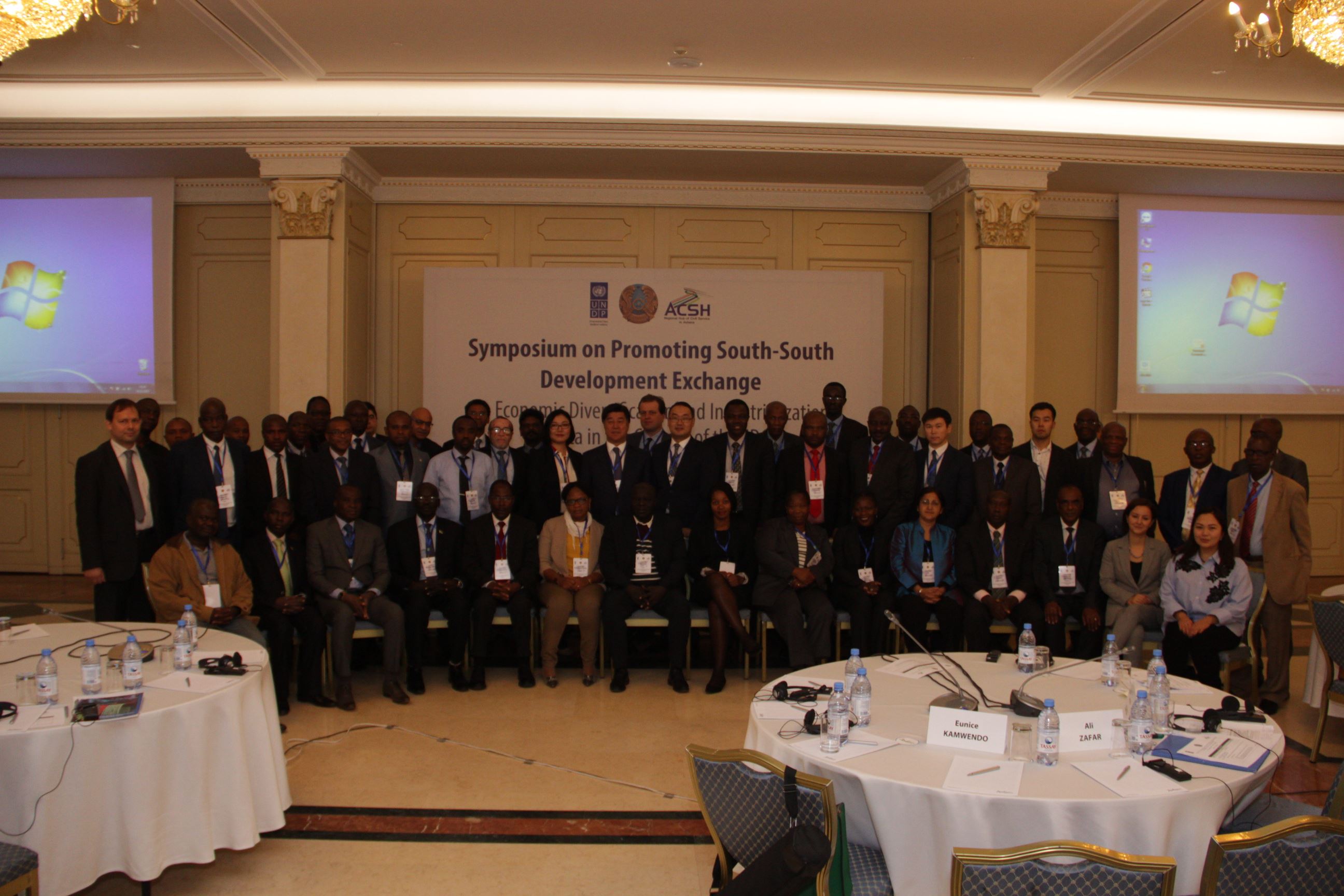
Over the last decade, sub-Saharan African countries have experienced robust growth rates. Countries like Cabo Verde, Ethiopia, Mauritius, Rwanda, and South Africa have made great strides towards structural economic transformation.
Since 2015, however, growth in Africa decelerated to below 3%, owing in large measure to the fall in commodity prices which affected some of Africa’s largest economies that are also commodity dependent. Africa’s economic structures remain largely underdeveloped and undiversified. Addressing this will require structural transformation and industrialization that would make economies inclusive, resilient and sustainable in the long run.
With the adoption of the Sustainable Development Goals (SDGs) agenda, which calls for inclusive global development and partnerships, including South-South and Triangular Cooperation, it is widely recognized that the sharing of experiences among countries of the Global South is mutually beneficial and can help ensure the achievement of their development goals.
In that spirit, the Republic of Kazakhstan, now ranked as a Middle-Income Country, and the United Nations Development Programme (UNDP), the world’s preeminent development knowledge broker, and the Regional Hub of Civil Service in Astana organized a South-South Development Exchange Symposium in Astana, that will take place from November 14 to 17, bringing together the top government officials from 43 African countries. The objective of the symposium is to serve as a platform to review and exchange lessons and experiences to help African countries better design and implement their economic structural transformation policies.
The symposium is organized in the framework of South-South cooperation that is when developing countries support each other’s aspirations towards development through the mutual exchange of knowledge, technology, and resources. For the past several years, Kazakhstan has been playing an active role in supporting and promoting sustainable development both regionally and globally. Within the South-South Cooperation initiatives, Kazakhstan’s government together with the United Nations Development Programe conducted workshops for medical workers and oil-sector specialists from African countries, training programmes for agricultural workers from Turkmenistan, and capacity-building workshops for female civil servants and NGOs leaders from Afghanistan.
“South-South Cooperation helps to increase productive competition and can drive accountability and transparency mechanisms across regions and countries. It can provide some tangible development dividends: decent jobs, healthier citizens, and better social welfare for children and youth. In the age of uncertainties. I cannot overemphasize the importance of having effective platforms and bridges, which foster policy dialogue, diplomatic relations, and partnerships” – said Munkhtuya Altangerel, UNDP Deputy Resident Representative in Kazakhstan.
“We believe that peer-to-peer learning provides countries with special opportunities and serves as a platform to exchange ideas and develop innovative solutions to common complex issues, such as poverty and economic inequality. To support this process and to enrich the debates, Kazakhstan is ready to share its own experience and to learn from the success stories in Africa” – said Yerzhan Ashikbayev, Deputy Minister of Foreign Affairs of Kazakhstan.
“The partnership has translated into a number of advancements in the continent, particularly we were able to showcase the role of Sustainable Development Goals for Africa, when we brought almost all countries in Africa together in Johannesburg and Dakar, where they were able to articulate how to move SDGs implementation to the next level” –said Ayodele Odusola, Head of Strategy and Analysis and Chief Economist, UNDP Regional Bureau for Africa.
“The Astana hub is one of the successful examples of multilateral cooperation, including the South-South format, which promotes the accumulation of best practices in the reform of the civil service and public administration and its dissemination among the 38 member countries of the Hub" - said Alikhan Baimenov, the Chairman of the Steering Committee of the Regional Hub of Civil Service in Astana. He also stressed that the Hub was awarded with a prize by the UN Office for South-South Cooperation in 2014 for its contribution to the development of regional and interregional cooperation.
The Symposium’s main role is to exchange knowledge and experiential learning with African countries to promote sustainable development globally. The Symposium will last until November 17.





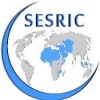


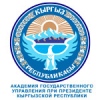







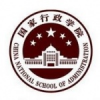


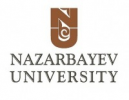





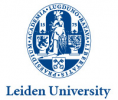













Leave a Reply